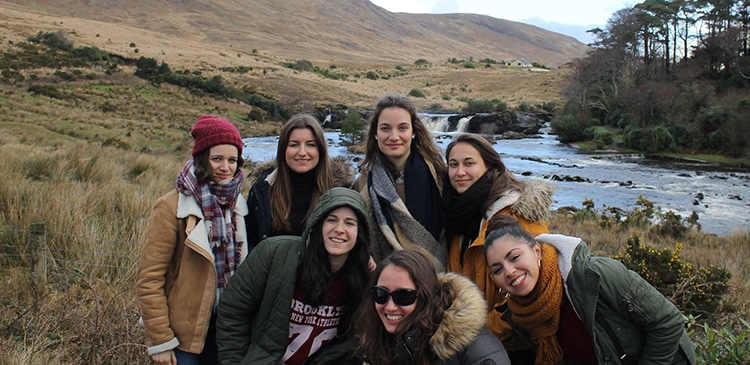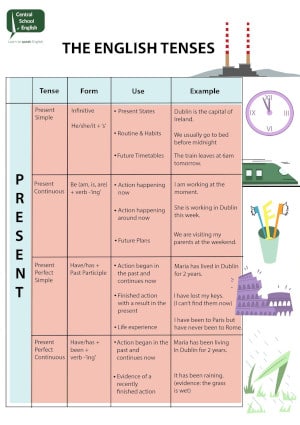Reduced relative clauses

People sometimes say ‘you have know the rules before you can break them’. Whether this is true or not is debatable. Many people have been successful without necessarily knowing the rules. The legendary film director Orson Welles made his masterpiece Citizen Kane at the age of twenty five. He made up his own rules as he went along and the film is now considered by film critics to be one of the best ever made.
English grammar is a different kettle of fish, however. If we make up our own rules, chances are people won’t understand us or our English will always sound poor.
In this blog post we are going to look at relative clauses and when it is possible to reduce the length of them by omitting certain words. This is an example of when it’s probably better to know the rules before you break them!
When can we reduce a relative clause?
Have you ever asked yourself that question? Have you ever lain in bed wondering when can we reduce a relative clause? No? Didn’t think so!
Well in this post, all will be revealed.
There are three situations in which we can use reduced relative clauses. In each case we can omit the relative pronoun and the verb to be.
- When the main verb in the relative clause is in the continuous form.
- When the main verb in the relative clause is in the passive voice
- When the relative pronoun and the verb ‘to be’ are followed by a prepositional phrase.
Now let’s have a look at these in detail with a few examples. It’s important to note that we generally reduce defining relative clauses but not non-defining relative clauses. If you need to review relative clauses check out this blog post for the basics and this post for the difference between defining and non-defining clauses.
Continuous form
We can reduce the relative clause if the main verb is in the continuous form. For example, instead of saying:
The man who is driving the Fiat is my uncle.
We can omit the relative pronoun who and the verb to be
and say:
The man driving the Fiat is my uncle.
Here are some more examples:
Sentence: The girl who is wearing the yellow hat is my sister.
Reduced: The girl wearing the yellow hat is my sister.
Sentence: The dog that is running towards us is angry.
Reduced: The dog running towards us is angry.
Sentence: The team which is winning the match is French.
Reduced: The team winning the match is French.
Passive voice
We can reduce the relative clause if the verb is in the passive voice. For example, instead of saying:
The house that was built by her grandfather is beautiful.
we can omit the relative pronoun that and the verb to be and say:
The house built by her grandfather is beautiful.
Here are some more examples:
Sentence: We ate the food that was cooked by Maria.
Reduced: We ate the food cooked by Maria.
Sentence: The lesson that was taught by Bill was very boring.
Reduced: The lesson taught by Bill was very boring.
Sentence: Sara owned the keys that were found in the carpark.
Reduced: Sara owned the keys found in the carpark.
Prepositional phrase
We can reduce the relative clause when the relative pronoun and the verb to be are followed by a prepositional phrase. A prepositional phrase is a group of words composed of a preposition and the words that follow it. Some examples of prepositional phrases are:
on the table
at the weekend
around the world
beside my house
within my power
So instead of saying:
The vase that is on the table is Japanese.
we can omit the relative pronoun that and the verb to be and say:
The vase on the table is Japanese.
Here are some more examples:
Sentence: Liverpool won the football match that was at the weekend.
Reduced: Liverpool won the football match at the weekend.
Sentence: The shop that’s beside my house is too expensive.
Reduced: The shop beside my house is too expensive
Sentence: I’ll do everything that is within my power to solve the problem.
Reduced: I’ll do everything within my power to solve the problem..
Using these rules in the real world
Remembering when to reduce relative clauses is probably not something you will do in the middle of a conversation. That’s fine! It’s better not to think too much about grammar when we are trying to communicate. And remember – we don’t have to reduce relative clauses. It’s something native English speakers will do naturally, but it’s perfectly fine not to reduce them. If you are studying for the CAE or IELTS exams then it may help you get a higher mark if you can reduce relative clauses. Otherwise it’s not something to worry about. As you use the language more you will begin to naturally reduce relative clauses in the same way as native speakers!
Test Yourself
Learn to SPEAK English
Join a live online English tutor to get help with your English.
Individual and group classes with our expert teachers.
Vocabulary
Debatable: A statement that may or may not be true, so is open to dispute
Idioms
Different kettle of fish: A completely different thing
Example: Learning Spanish is quite difficult for an English speaker but learning Chinese is a different kettle of fish!
All will be revealed: All the information will be given or shown
Example: Who is the winner of the writing competition? At six o’clock all will be revealed!
Thank you for reading our post. You’ll find more English grammar tips elsewhere on our site and if you’d like information on our online English courses from Dublin, please do not hesitate to contact us.





